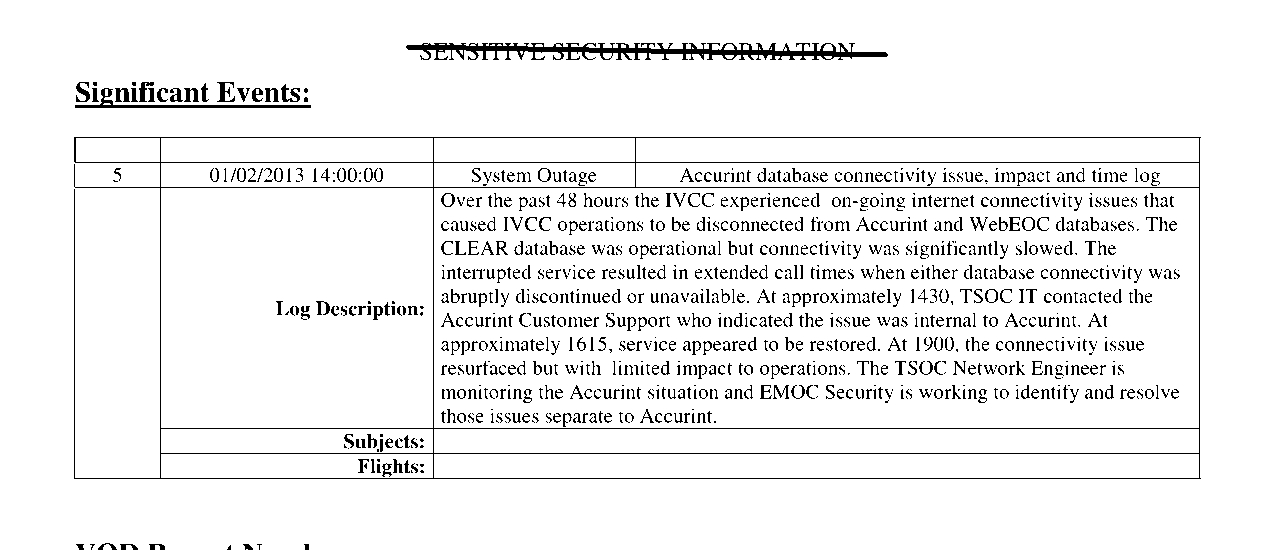The human rights of migrants in transit
Last year the UN Office of the High Commissioner for Human Rights (OHCHR) developed and promulgated a set of “Recommended Principles and Guidelines on Human Rights at International Borders”, including respect for the right to freedom of movement, on which we made recommendations at the invitation of the OHCHR.
As a follow-up, and in response to ongoing refugee crises in Europe and elsewhere, the OHCHR has been tasked by the UN Human Rights Council with preparing further recommendations in relation to the rights of migrants in transit, including, “[e]xit restrictions … and the externalisation of border controls which could have an impact on the human rights of migrants in transit.”
Our latest recommendations to the OHCHR focus on the human rights implications of restrictions on travel by common carrier:
As we discussed in our previous submission to the OHCHR concerning the human rights of migrants, refugees, and asylum seekers, the right to leave any country is routinely and systematically violated – even where there is no explicit requirement for an “exit permit” – through (1) requirements for identity credentials or other travel documents as a condition of travel by common carrier, without respect for the right to leave any country and to return to the country of one’s citizenship regardless of what, if any, credentials or documents one possesses, (2) requirements for “screening” and approval of common carrier passengers that amount to de facto exit visa, transit visa, and/or entry visa requirements, (3) sanctions imposed on common carriers to induce carriers not to transport certain would-be passengers, on the basis of decisions not made, and not subject to appeal, through effective judicial procedures, and (4) failure by governments to enforce the duties of common carriers to transport all would-be passengers, regardless of their legal status or possession of documents.
Some of the most important decision-makers for asylum seekers, refugees, and other migrants are airline and other common carrier ticket sellers and check-in staff. Many eligible asylum seekers are unable to reach places of refuge, and others die trying, as a direct result of improper denial of transportation by common carrier staff.
Many eligible asylum seekers could afford to purchase airline tickets or tickets on other common carriers (ferries, trains, buses, etc.) to travel to countries where, on arrival, they would be eligible for asylum. They risk their lives as “boat people”, and some of them die, not for financial reasons, but because airlines or other government-licensed common carriers improperly refuse to sell them tickets or deny them boarding.
When airlines or other common carriers deny passage, they often claim that they are doing so in compliance with government mandates or government-authorized carrier “discretion”. But decisions about these “mandates” and how to apply them, and about the scope of common carrier “discretion”, are enforced not by judicial or police personnel but by airline or other common carrier staff, or by contractors, at the points of ticket sales, check-in, or boarding. As a result, it is almost impossible for would-be passengers to obtain judicial review of carrier decisions to refuse ticket sales, check-in, or boarding.
Asylum seekers who are trying to leave a country where they are subject to persecution, and who are denied transport, are unlikely to have access to effective judicial review and redress through the courts of the country that is persecuting them. Airlines know that they can violate the rights of asylum seekers with de facto impunity.
Respect for the right to freedom of movement requires significant changes in the practices of carrier staff. To fulfill their human rights obligations, governments need to ensure that common carriers are aware of, and respect, the right to freedom of movement.
[More.]
